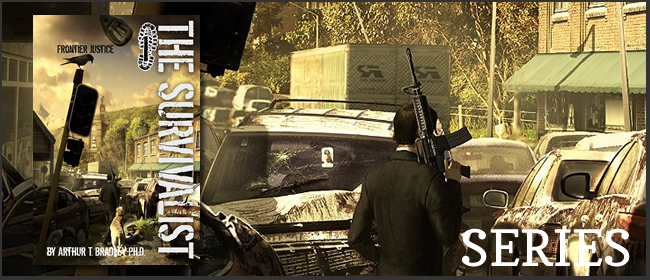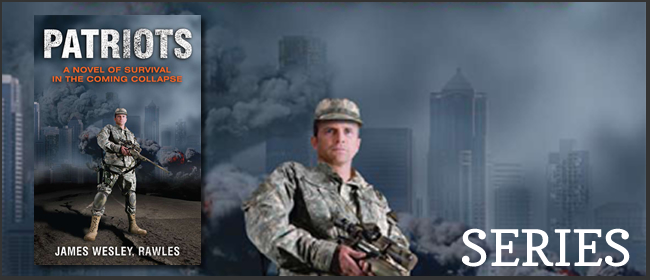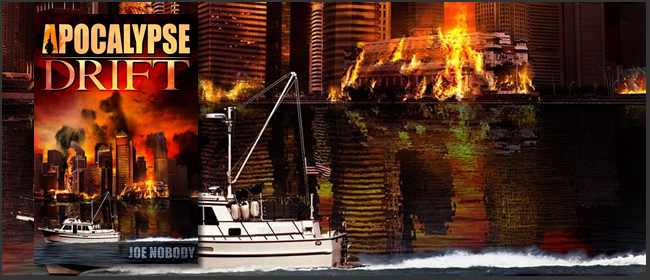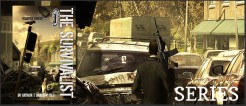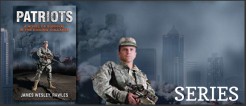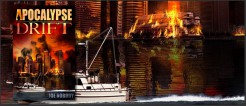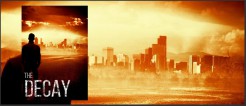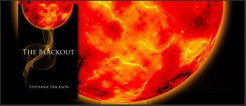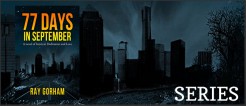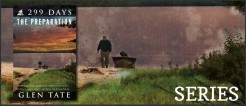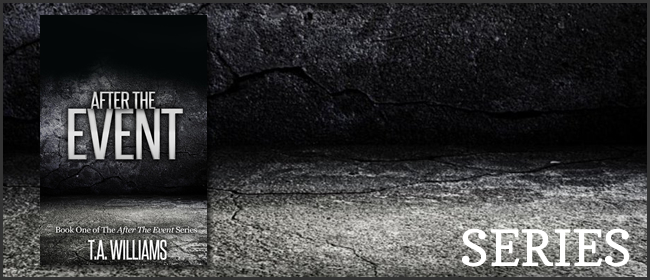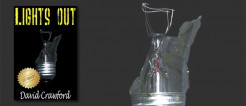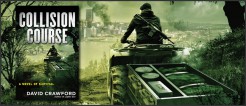- Buy Frontier Justice: The Survivalist (Kindle) – BOOK ONE
- Buy Anarchy Rising: The Survivalist (Kindle) – BOOK TWO
- Buy Judgment Day: The Survivalist (Kindle) – BOOK THREE
- Buy Madness Rules: The Survivalist (Kindle) – BOOK FOUR
- Buy Battle Lines: The Survivalist (Kindle) – BOOK FIVE
If the author’s name sounds familiar, Arthur Bradley was non-fiction writer of books on survival, disaster preparedness and EMP / solar flare events. This series is his first turn into fiction, and unlike some writers in this genre, his writing is very good with great characters, plot line and dialogue… a place where some survival writers fall down.
One great thing about this book is although it is a virus that nearly wipes out the entire world’s population, it doesn’t turn into the cliche where a small percent of those turn into crazed zombies causing death and destruction in their wake, although there are some “mutants”. And books where a viral pandemic doesn’t equal your typical zombie book are few and far between. The virus is scarily a possibility, called Superpox-99, and was accidentally released in a lab environment when a researcher accidentally inhaled a small amount. It definitely brings back news stories where just this thing has happened in hot labs.
“Ma’am, there’s been an incident.”
“What kind of incident?”
He stared at her, unable or perhaps just unwilling, to put words to the catastrophe.
She raised an eyebrow. “Talk, to me, Tom. How bad is it?” They had dealt with a host of emergencies during her first two years of presidency, and she had never seen him so shaken.
“There’s been — ” his voice faltered. He tried again. “There’s been a release of a viral contagion.”
The story revolves around U.S. Deputy Marshal Mason Raines as he hands out justice in an apocalyptic country. The main character was a former firearms instruction prior to the epidemic, so much of the story revolves around his use of weapons. So as you can imagine, he makes a pretty badass marshall that reminds you of a sheriff in an old western.
And you also get a good dose of reality in how you might prepare in some kind of apocalypse.
“What are you telling me, Tom?” she asked with a nervous smile. “That the world is about to end?”
Tom Barnes closed his eyes and began to weep.
“Yes, Madam President. That’s exactly what I’m telling you.”
There is some graphic description of the disease and what it can do to people, so those with weak stomachs might want to prepare themselves for that! There are also some accompanying illustrations as well for a few of the scenes in the book.
There are five books in the series so far (the fifth being released December 31, 2014).
